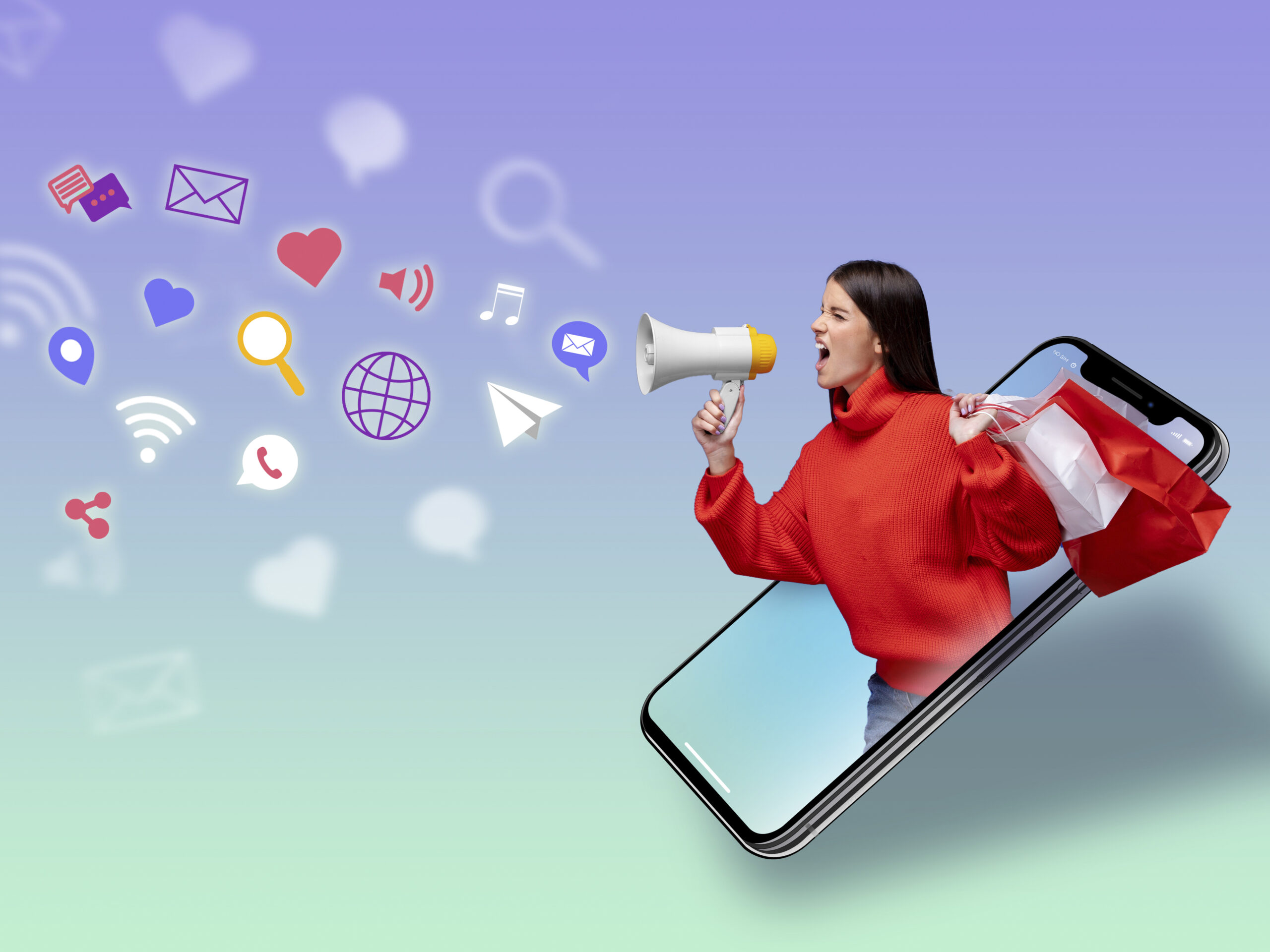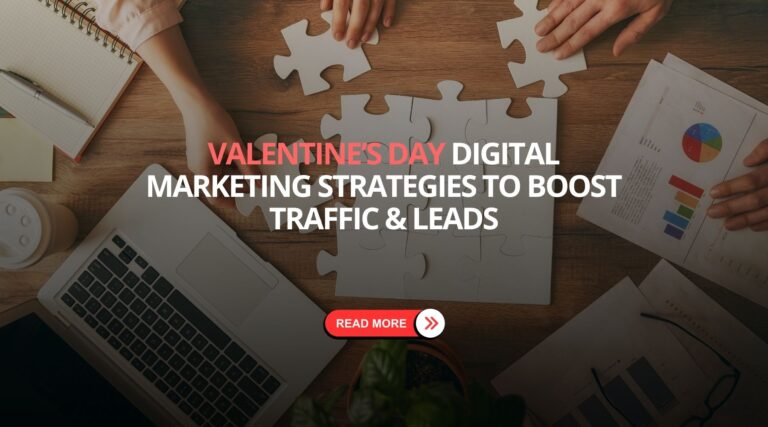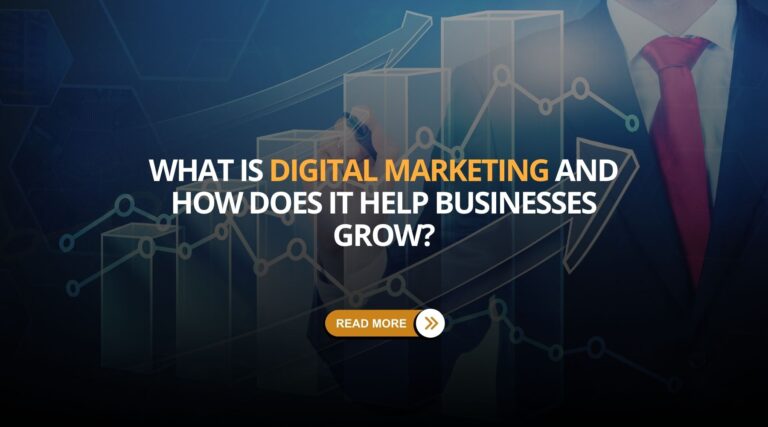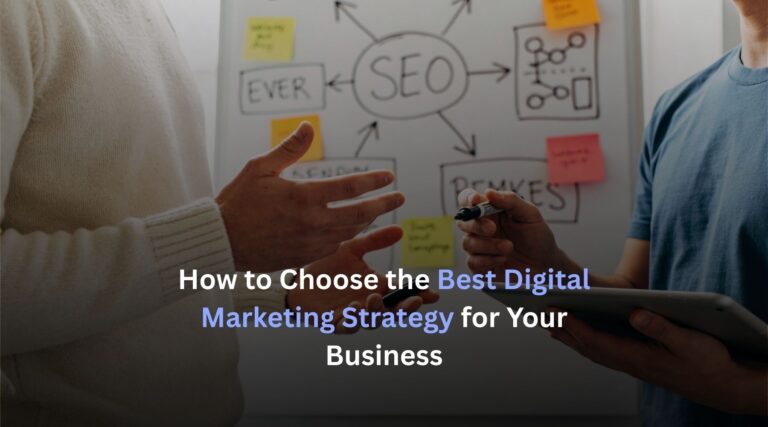
In today’s digital-first world, the way people interact with brands, search for products, and make purchase decisions has completely evolved. The internet has become the central hub for almost everything—from shopping and entertainment to learning and communication. This shift in consumer behavior has made one thing very clear: digital marketing is no longer optional—it’s essential.
Whether you’re a small business owner, a startup founder, or managing a well-established company, the right digital marketing strategy can help you build brand visibility, engage your audience, and drive real business growth.
So, if you’re still wondering why digital marketing matters so much, here are the top five reasons every business should prioritize it today.

1. Digital Marketing Is More Cost-Effective Than Traditional Advertising
Let’s face it—marketing budgets are not unlimited, especially for small and mid-sized businesses. Traditional marketing methods such as newspaper ads, hoardings, TV commercials, and flyers can quickly burn a hole in your pocket, and often with limited trackability.
Digital marketing, on the other hand, offers smarter alternatives like SEO, social media marketing, email campaigns, Google Ads, and more. These channels allow you to reach a large number of potential customers without spending a fortune.
The best part? You get to see exactly where your money is going. With tools like Google Analytics or Meta Ads Manager, you can track which campaign is working and which isn’t—allowing you to fine-tune your budget and strategy in real time. No more guesswork.
Whether you’re spending ₹5,000 or ₹5 lakh, digital marketing ensures every rupee is accountable and optimized for performance.
2. It Allows You to Reach the Right Audience at the Right Time
Imagine having the ability to show your product or service only to the people who are actively looking for it. That’s the power of digital marketing.
Thanks to advanced audience segmentation and targeting features, digital platforms let you reach specific users based on their age, location, interests, online behavior, and even the type of device they use.
For example:
- A local bakery can target people within a 10km radius on Google Maps or Facebook.
- An online coaching platform can run YouTube ads for students preparing for competitive exams.
- A fashion brand can show Instagram ads only to women aged 18–35 who follow fashion influencers.
This kind of precision targeting helps you avoid unnecessary ad spend and ensures that your message reaches the people most likely to convert into customers.
3. It Builds Brand Awareness, Credibility, and Long-Term Loyalty
In a market full of choices, customers don’t just buy products—they buy trust. And trust is built through visibility, consistency, and value. This is where digital marketing plays a major role.
By regularly sharing useful content, engaging with your audience on social media, collecting reviews, and maintaining a professional website, you create a digital identity that speaks for your brand—even when you’re offline.
Think about it: When someone hears about your business, what’s the first thing they do? They Google you. If your business has no online presence, or worse—a poorly maintained one—it immediately creates doubt in the customer’s mind.
On the other hand, a strong digital presence that includes informative blog posts, an active Instagram page, 5-star Google reviews, and a well-designed website signals that your business is trustworthy, established, and reliable.
4. Digital Marketing Delivers Real-Time Results and Actionable Insights
One of the biggest challenges of traditional marketing is the lack of clarity. How many people saw your billboard? How many readers flipped past your magazine ad? There’s no way to know for sure.
With digital marketing, every interaction is measurable. You can track:
- Website traffic and behavior (using Google Analytics)
- Conversion rates on landing pages
- Email open and click-through rates
- Ad performance across different demographics
- Social media engagement trends
These insights empower you to make smarter decisions. You can identify what’s working, pause what’s not, and keep improving your campaigns based on real data.
Moreover, digital marketing is flexible. Unlike print or TV campaigns, which are fixed once launched, online ads can be adjusted, reworded, or retargeted instantly. That means you can stay agile and adapt to market demands without starting from scratch.
5. It Levels the Playing Field for Small and Medium Businesses
Gone are the days when only big corporations with massive advertising budgets could dominate the market. Today, even a small local brand can go viral or appear on the first page of Google—thanks to digital marketing.
With consistent effort and smart strategies, a startup can build a loyal community, drive sales through content marketing, or generate leads through search engines—without spending crores on marketing.
For example:
- A small skincare brand can build trust through influencer collaborations on Instagram.
- A digital marketing agency (like ours at Digital Omnitech) can drive leads through LinkedIn ads and case studies.
- A freelance consultant can grow their business through SEO-optimized blog content.
The tools are the same for everyone—the difference lies in how you use them. And the beauty of digital marketing is that it gives every business, regardless of size or age, a fair chance to succeed.
Final Thoughts
In 2025 and beyond, digital marketing isn’t just a marketing channel—it’s the foundation of your brand’s visibility and growth. Whether your goal is to increase sales, reach new markets, or simply stay relevant in a digital world, the right strategy can make a huge difference.
It’s time to move beyond traditional methods and embrace digital transformation. Because if your competitors are online and you’re not, you’re already losing potential customers every single day.



